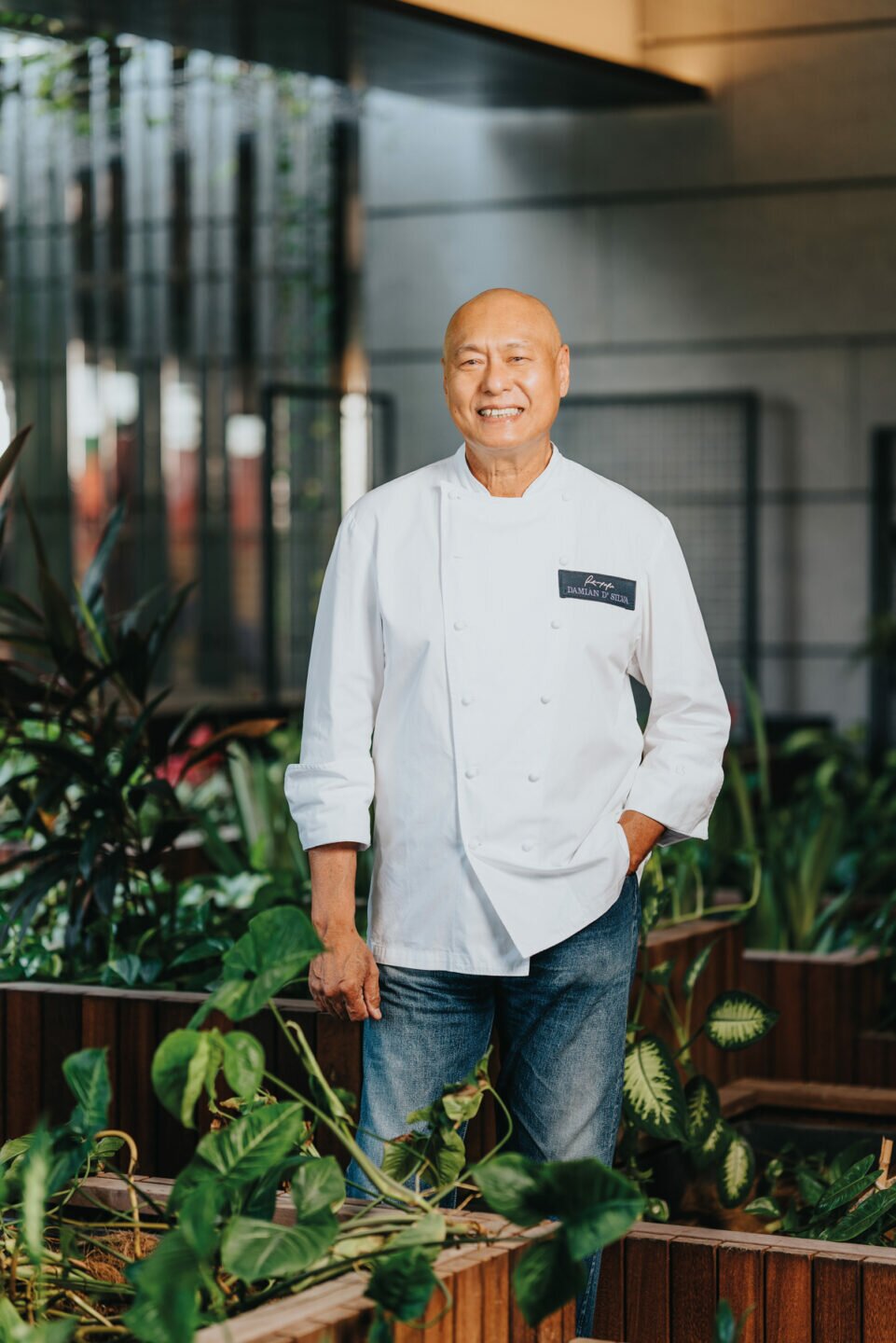I believe Singapore has developed too quickly, resulting in us embracing other cultures without really understanding our own.
The decade in which you were born affects your grasp of heritage cuisine. One group includes those raised by foreign help, so their working parents did not have the time to influence their experiences. As these Singaporeans matured, their children leaned towards fast food, with the occasional traditional meal prepared by their grandmothers or aunties.
With time, the elderly passed on and, unfortunately, some of us were too slow to compile their recipes – including unique meals for special occasions. There are two culprits responsible for changing our eating habits: instant noodles and fast food. I’m not against either of them, but eating them regularly conditions your taste buds to a peculiar flavour. Ultimately, this consumes you like a drug.
I strongly believe cultural sustainability is important. We must elevate our heritage cuisine so that future generations can refine it.
Chef Damian D’Silva
Food fads are another thing altogether. While not everyone follows them, marketing is powerful for those who lack an identity. However, I don’t think this affects the resilience of heritage cuisine in the long run. Fads eventually fade, but heritage can last forever if we cherish it. We just need to understand the importance of preserving our unique identities.
Today, Singaporeans are exposed to a wide variety of cuisines, with more heritage restaurants serving food from diverse ethnicities. But there are still gaps that need to be filled. Ethnic restaurants that preserve their cuisine strive to ensure a cohesive dining experience, but they still struggle.
Regrettably, few put in the time and effort required to prepare a “pure” heritage meal. The finished dish is all we see, thanks to our grandmothers and mothers, but we never consider the entire process. Marketing for ingredients, slicing, cutting, grinding, frying, stewing and mixing are all included.
I have seen several modern heritage restaurants emerging recently, but we need to do more. While we started this wonderful city with five main ethnicities – Chinese, Malay, Indian, Peranakan and Eurasian – the sub-groups within them are just as important.
At Rempapa, we embrace Singapore’s multicultural heritage. The team uses traditional cooking methods and tools to prepare our dishes with market-fresh ingredients.
I strongly believe cultural sustainability is important. We must elevate our heritage cuisine so that future generations can refine it. Rempapa coined the term Singapore New Heritage cuisine, which includes dishes that capture the soul of the original recipes while also appealing to contemporary palates.
If I could change anything about my career as a chef, I would have started younger. Educating people and getting them to accept your idea takes a lot of time and effort. Over the past 22 years, I have worked religiously to promote and preserve heritage cuisine. My legs are complaining now. Yet, the effort and pain have been well worth it.
The cuisine of our predecessors will disappear if we do not protect the recipes passed on through the generations. I want to honour the memory of my mentors, namely my grandfather, grandmother, and mother. I would not have been a cook, let alone a chef, without them.


